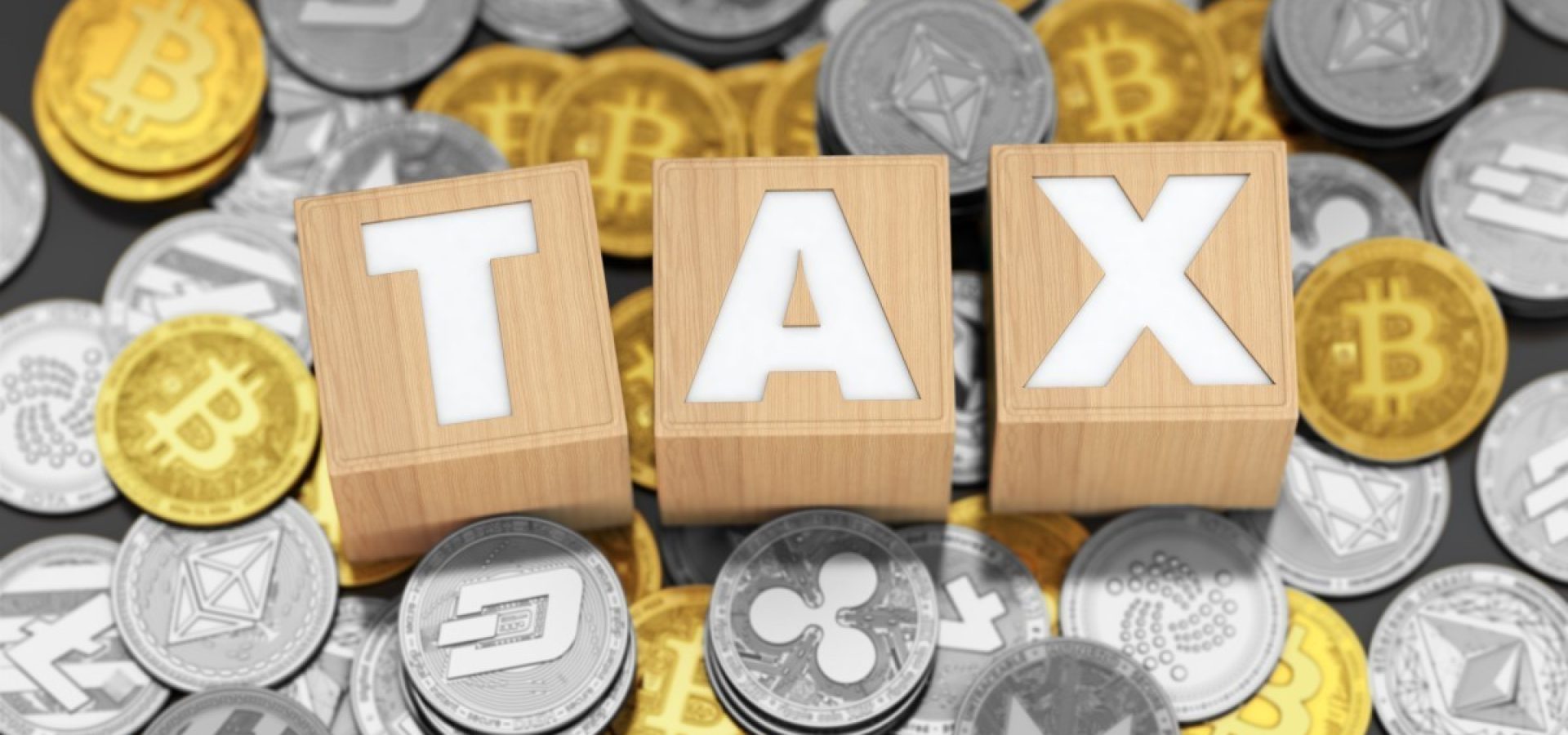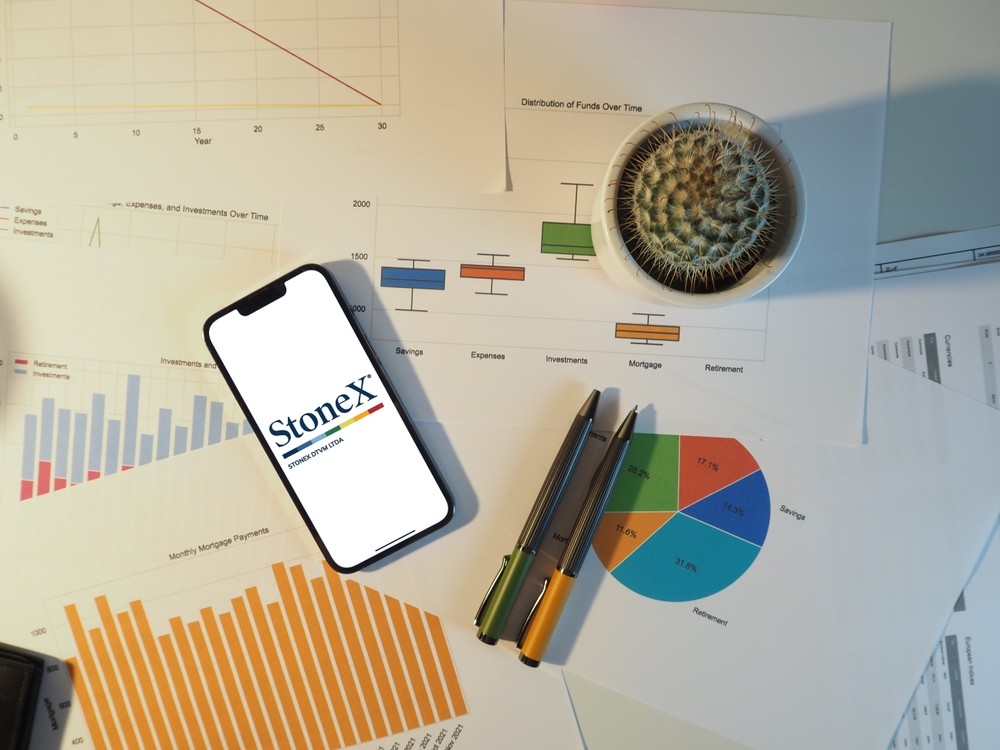The evolution of digital finance has ushered in the era of cryptocurrencies, which the IRS now acknowledges as convertible virtual currencies.
Unlike traditional currencies, cryptocurrencies are classified as property for taxation purposes, introducing myriad tax implications for users.
In this article, we will delve into the specifics of cryptocurrency taxes, outlining the key takeaways for managing potential tax liabilities effectively.
Definition of Cryptocurrency in Taxation Terms
Tax authorities recognise cryptocurrencies as property. Consequently, any cryptocurrency transaction is subject to tax regulations applicable to property transactions. This classification substantially affects cryptocurrency taxation, impacting a range of transactions from simple trades to complex business operations.
Key Takeaways for Cryptocurrency Taxes

Cryptocurrencies, like Bitcoin and Ethereum, are subject to various tax rules and regulations. These rules govern how transactions involving cryptocurrencies are taxed.
Below is an expanded breakdown of the main aspects related to cryptocurrency taxes:
1. Capital Gains
A capital gain happens when someone sells a cryptocurrency for more than its purchase price. The type of tax—whether it’s a short-term or long-term capital gain—depends on the holding period. Short-term capital gains are taxed as ordinary income based on the individual’s tax bracket, while long-term capital gains, which apply to holdings over a year, receive lower tax rates.
2. Taxable Usage
Using cryptocurrencies to purchase goods or services triggers a taxable event. This event is taxed based on the appreciation of the cryptocurrency’s value from when it was acquired to when it is spent. For instance, if a cryptocurrency bought at a lower value is used in a transaction after it has appreciated, the increase in value is subject to capital gains tax.
3. Business Income
Businesses accepting cryptocurrencies as payment must treat these transactions as income. The value of the cryptocurrency at the time of the transaction determines the income amount, which must be reported and taxed accordingly.
4. Mining Income
Income from mining cryptocurrencies is treated as ordinary income when the cryptocurrency is mined. This valuation is based on the market value of the cryptocurrency at the time it enters the miner’s possession.
Specific Tax Events

Understanding what constitutes a taxable event and what does not is critical in cryptocurrency taxation.
Below is an overview of various scenarios and how they impact your tax obligations:
Taxable Events:
- Sales and Conversions: Selling cryptocurrency for fiat money or converting one cryptocurrency into another creates taxable events, where you must calculate gains or losses for tax purposes.
- Expenditure: Using cryptocurrency to purchase goods or services also triggers a capital gains tax event on any value increase.
- Business Transactions: Receiving cryptocurrencies through business activities, mining, staking, airdrops, or hard forks are all taxable scenarios requiring proper reporting.
Non-Taxable Events:
- Purchasing Cryptocurrency: Buying cryptocurrency with fiat money does not trigger a taxable event.
- Donations and Gifts: Donating cryptocurrency to a tax-exempt entity or gifting it (within legal exclusions) is not taxable.
- Personal Transfers: Transferring cryptocurrency between personal wallets without realising a gain or making a purchase is not taxable.
Practical Examples:
- Investment and Utilisation: Purchasing 1 BTC at $3,700 in 2019, worth $38,500 by 2022, represents a significant increase. Using this BTC to buy a car later would require the owner to pay taxes on the capital gains realised.
- Routine Purchases: Buying everyday items like a candy bar with cryptocurrency involves capital gains tax and the usual sales tax.
Tax Rates for 2024:
- Short-Term: These are taxed at the standard income tax rates ranging from 0% to 37%.
- Long-Term: Benefiting from lower rates, these are taxed at 0%, 15%, or 20%, depending on the taxpayer’s overall income level.
Cryptocurrency Mining: Taxation Considerations and Compensation
The compensation received as mined coins is taxable when engaging in cryptocurrency mining. If mining is conducted as a hobby, the income is classified as ordinary and should be reported accordingly. However, the dynamics change slightly for those operating mining as a part of a business. Here, the income can be reported as business income, allowing the deduction of related expenses such as mining hardware and electricity costs. This approach helps manage the tax burden and streamline the financial aspects of mining operations.
Cryptocurrency Staking: Understanding the Tax Implications
Cryptocurrency staking offers participants a way to earn rewards by holding and supporting the operation of blockchain networks. However, it’s vital to understand that the rewards from staking are subject to income tax. Traders report these rewards in the tax year by the time of receiving them. Furthermore, they also indicate capital gains or losses must while using and convertingthese cryptocurrencies. This ensures compliance with tax regulations and aids in accurate financial reporting.
Exchanging Cryptocurrencies: Navigating Tax Implications
The act of exchanging one cryptocurrency for another carries tax implications. Each conversion is considered a taxable event where the gains or losses must be reported. Fortunately, many cryptocurrency exchanges provide tools and support to facilitate this, often offering free exports of trading data. This data is crucial for accurate tax reporting and helps individuals maintain compliance with tax obligations.
Cryptocurrency Tax Reporting: Strategies and Requirements

For effective cryptocurrency tax reporting, meticulous organisation is required. Each transaction’s amount and the market value at the time of usage need to be accurately logged. Tools and blockchain solution platforms like CoinTracker can be instrumental in organising and tracking these transactions.
Additionally, the IRS requires that these transactions be reported on Form 8949, which deals with the sales and dispositions of capital assets. Proper tracking and reporting are essential for meeting regulatory requirements and avoiding potential penalties.
General Taxation Guidance on Cryptocurrencies
Cryptocurrency investors and users should always consult a certified accountant, especially when filing for the first time. All cryptocurrency transactions are subject to income and capital gains taxes, and investors must meet the reporting threshold to ensure compliance. Interestingly, even if one’s income, including crypto, is below the minimum requirements, filing a tax return could be beneficial to qualify for potential refunds. This underscores the importance of understanding the broader financial and tax landscape when dealing with cryptocurrencies.
Addressing Specific Scenarios in Cryptocurrency Taxation
1. Do I Have to Pay Taxes on Cryptocurrency?
Yes, the tax liability on cryptocurrencies depends on the acquisition circumstances, overall income, and tax status. Understanding these elements can help in planning and managing tax obligations effectively.
2. Do You Have to Report Crypto Transactions Under $600?
No, there is no need to report if the total income, including from crypto, falls below the minimum requirements—unless one is filing to seek a refund.
3. How Much Tax Will I Pay on Cryptocurrency?
The amount of tax payable on cryptocurrency transactions varies depending on one’s tax status, total income, and the specific circumstances of cryptocurrency usage. Proper understanding and reporting are key to ensuring that taxes are calculated accurately and liabilities are minimised.
Cryptocurrencies and Taxation: What You Need to Know
Cryptocurrencies, with over 16,000 different types circulating and a collective valuation reaching $2.4 trillion, have woven themselves intricately into the fabric of global finance. This burgeoning digital asset class is reshaping investment portfolios and the landscape of tax obligations.
Understanding Your Tax Obligations

Tax authorities treat cryptocurrencies as property, meaning they are subject to capital gains tax, like stocks or real estate. Notably, using cryptocurrency for purchases is considered an asset disposal, potentially triggering taxable events.
Hayden Adams, a Certified Public Accountant, Certified Financial Planner, and Director of Tax and Financial Planning at the Schwab Center for Financial Research, stresses the need for compliance, noting that failing to report income from profitable cryptocurrency transactions could lead to serious consequences. This highlights the importance of transparency when reporting gains or losses from cryptocurrency transactions to prevent legal issues.
Taxable Events Explained
To illustrate, consider the following scenarios involving Bitcoin transactions:
- Using Bitcoin to Purchase a Car:
- Original Bitcoin Value: $40,000
- Transaction Value (Car’s Price): $45,000
- Result: This results in a $5,000 gain, which must be reported as a capital gain.
- Another Car Purchase:
- Original Bitcoin Value: $50,000
- Transaction Value (Car’s Price): $45,000
- Result: This transaction creates a $5,000 loss, which you can report to offset other capital gains potentially.
Reporting and Compliance
Cryptocurrency owners must report all transactions to the IRS. One key challenge is that, unlike traditional investments, currency exchanges might not provide tax forms such as Form 1099, placing the onus on the taxpayer to maintain accurate records.
You must meticulously track and report the adjusted cost basis of each cryptocurrency. Failure to do so may result in the IRS determining the cost basis as zero, leading to potentially higher tax liabilities. Noncompliance can escalate to accusations of tax evasion, carrying severe penalties.
Professional Guidance
Given cryptocurrency taxation’s complexity and evolving nature, seeking guidance from a tax advisor is highly advisable. For those who may have inadvertently omitted or misreported past transactions, it may be prudent to consider filing an amended return. This proactive approach aligns with regulatory expectations and mitigates the risk of penalties.








COMMENTS